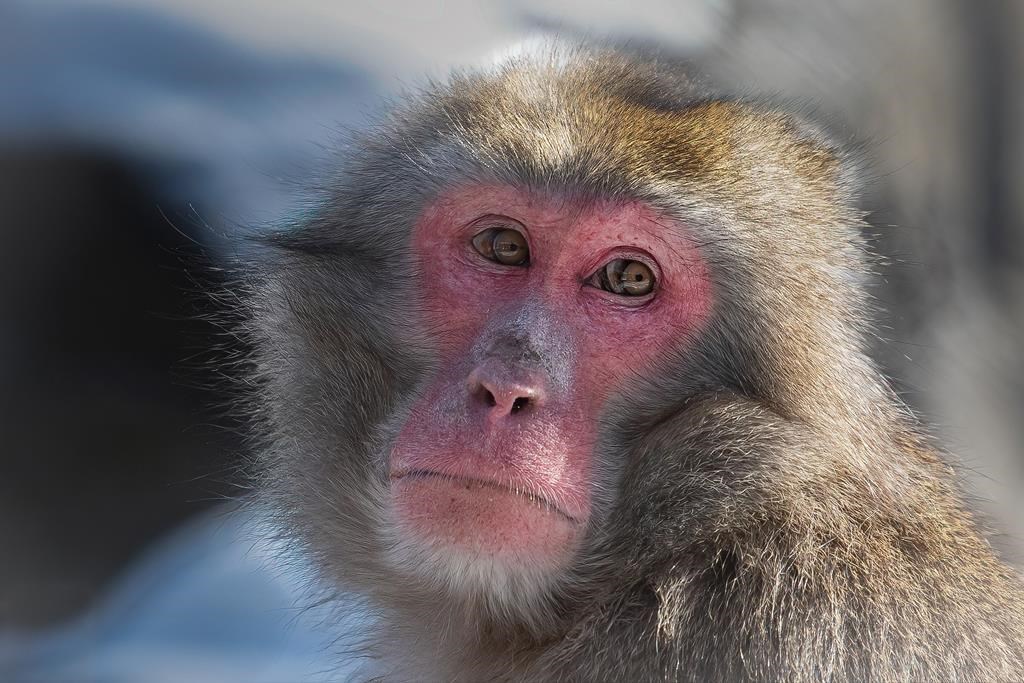MONTREAL – The Granby Zoo took advantage of last Monday's total solar eclipse to study the behavior of some of its animals. A professor of astrophysics from the University of Quebec in Montreal contacted the Zoo's Research and Conservation Department to participate in studying the animals' behavior and collecting data on their reactions during this rare phenomenon.
The zoo is located in the Estrie region, which provided one of the most beautiful views of a total solar eclipse in southern Quebec. Although humans are fascinated by it, few studies have been conducted on animals' reactions to this rare event.
Chelsea Puckett, conservation coordinator at the Granby Zoo, said the zoo jumped at the opportunity to participate. A study will be published to present the results.
“What we can conclude is that brightness definitely has an effect on animals, and whatever data we find, the conclusions we can draw from zoo species will likely be extrapolated to wild species as well,” Ms Puckett explained.
“This is a rare event, so collecting data during a rare event to better understand how brightness in the presence of the sun affects animals is very unique.”
Observers recorded the animals' activities for two days in the week before the eclipse, between 2pm and 5pm during the event itself, and for two days in the week following.
The reactions they saw were varied.
For example, Japanese macaques, a species of monkey native to Japan, had the opposite reaction to the eclipse than the researchers expected.
“We expected them to be restless and huddle together and want to go to their nighttime environments, for example,” Ms Puckett explained. But throughout the eclipse, it was as if they had stopped speaking, stopped all their movements, turned their backs to the sun and were in a state of calm and tranquility.
Puckett noted that red-crowned cranes are usually very vocal, but they also became quiet when the total eclipse arrived.
The male red panda spent most of the afternoon wandering around his enclosure, but once the eclipse arrived, he climbed a tree and slept with the female the entire time, which she said was unusual.
Chelsea Puckett has been named to the Himalayan Black Bears.
“We thought they would most likely move into their nocturnal habitat when the sun was completely covered, and it was very much like nighttime,” Puckett said. “But the bears continued to sleep throughout the afternoon, and they did not appear to be affected by the solar eclipse.”
Tahr, an ungulate related to goats and sheep, typically spend the afternoon resting quietly, with half the zoo's animals usually lying down.
“But during the eclipse, 100 percent of these animals were walking around, so it was actually a dramatic change for them,” the museum curator said.
The zoo has attempted to collect data on a wide range of species, some of which are typically active during the day and others that tend to be more nocturnal. One observation is that prey species responded to the eclipse more strongly than predator species, Puckett said.
“It's interesting what little feedback we've been able to make,” she commented.

“Hardcore beer fanatic. Falls down a lot. Professional coffee fan. Music ninja.”






More Stories
SALES / PHOTO SALES – Nikon D850 “5 Star” Bare Body Photo Body at €2,539.00
Discovering a new turning point under the Antarctic ice sheet! What are the consequences?
Record number for an insect!